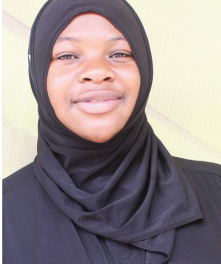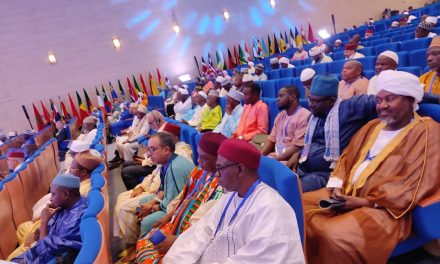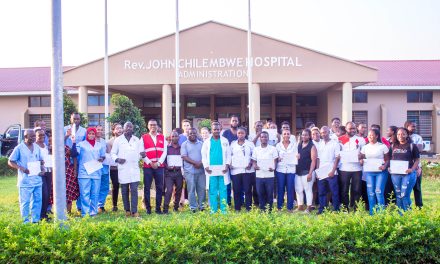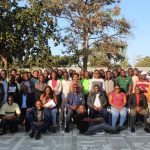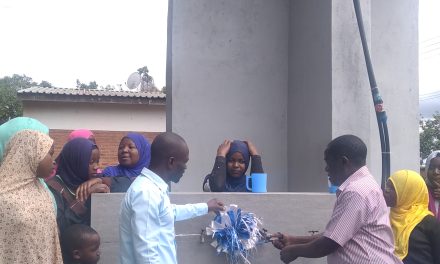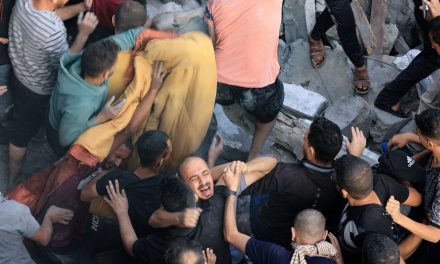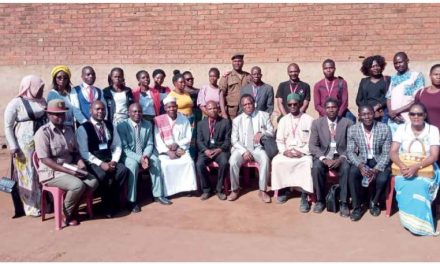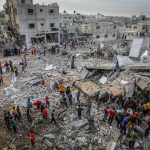
The Plight

The Plight of a Muslim Girl Child in Learning Institutions
It is unfortunate that in the 21st century some Malawians still think that they are better Malawians than others on many issues.
From the article which appeared on daily paper of the Nation Wednesday 6 April, 2016, titled veiled voices of the excluded child by John Chirwa. A number of Issues could be deduced.
Firstly, Hajrah Chigwiya is not the only girl child facing discrimination in most learning institutions.
A number of public and private schools have developed their own by – laws which contravene the Malawi constitution on freedom of religion and dress. Some Civil Servants think classrooms are places to convert people and not a place to guide learners as we know.
According to Insight Bulletin sources, in the just ended standard 8 examinations, in some schools learners were not given a choice between religious studies and bible knowledge because teachers had forced pupils to sign on Bible knowledge subject only. Some students would have loved to write a religious studies paper as compared to, but because the school had forced them to sign for a Bible Knowledge paper, pupils had no choice but to follow the instructions from the school. This practice is therefore denying the right of choice for many pupils around the country.
Cases of discrimination against Muslim women in working places as well as Muslim girls in schools are rampant in Malawi. This comes after a single case which ended after involving Hospital authorities that led to having the Muslim Nurses cover their heads.
According to an Official from Ministry of Education, “The issue seems to be in the system deliberately because as far as I know, from primary to University institutions, there is nowhere you can find a qualified Muslim teaching Bible Knowledge but you will find Non –Muslims teaching Islam,”. he said. This does not mean that there are no Qualified Muslim teachers who can teach Islam in government and other schools, but it is by design that Islam is not taught properly.
The second thing that can be deduced from the article is that the responses from both Civil Society Education Coalition (Csec) and Ministry of Education spokespersons are mere lip service.
Benedicto Kondowe who is the Executive Director of Civil Society Education Coalition (Csec) suggests that provided the dressing should not undermine the delivery of education.
Therefore, among the questions Kondowe needs to answer are: how can a Muslim dressing undermine the delivery of education? What kind of disturbances can a girl child in head scarf bring to her teachers or her peer learners because she is wearing a headscarf? Will a teacher fail to teach because one or two learners are putting on head scarves, will other learners fail to learn just because their friend is covering her head?
Regarding the Ministry of Education’s spokesperson response Rabecca Phwitiko, one wonders whether school level by-laws can over ride constitution of the land. One also wonders if a community can deliberately select discriminatory laws to some of its members of the community.
Therefore, the above comments from Kondowe and Phwitiko are mere rhetoric, they lack substance and backing from the constitution which provides rights for every Malawian and especially a right for education, freedom of religion and freedom to dress especially for a girl child. Some commentators have argued that, the challenge comes when some of these policies are formulated, there are no proper consultations. A number of stakeholders are excluded including Muslims who might have contributed positively in the process, which is why such issues are silent in the existing education act. That is the danger of excluding some people of our society when formulating policies which affect all Malawians.
In agreement with Kondowe regarding the policy, it is true that section 25 of the constitution concerning Education borders along the government education policy that is silent on these issues, the suggestion would therefore be to ask if it is not high time Malawians prioritized the right to education against school or community by-laws. The right to education should be given priority regardless of circumstances.



